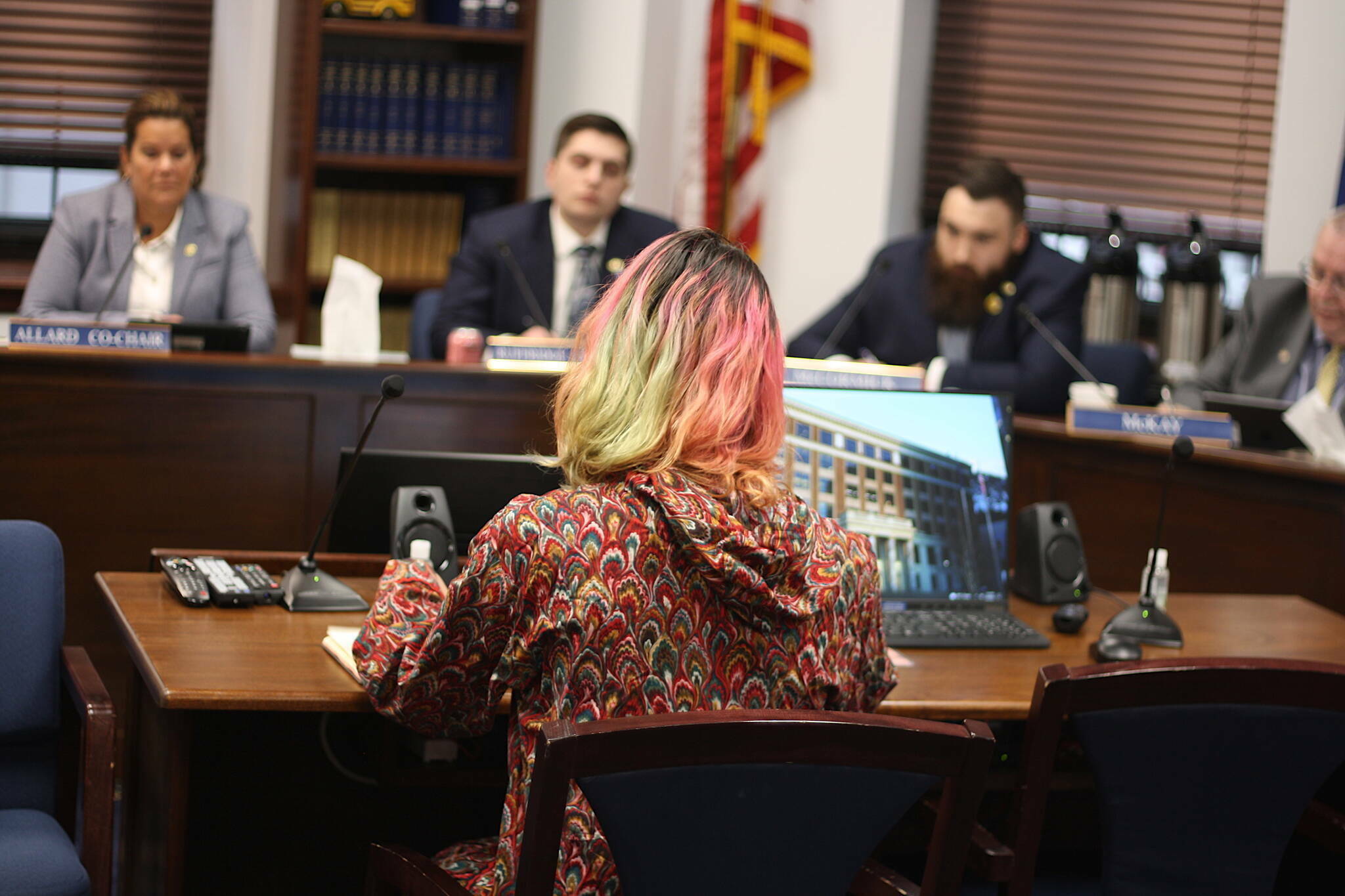“To the parents of the children of Alaska, know we will fight,” Rep. Jamie Allard (R-Anchorage) said in defense of her bill to ban transgender girls from competing in women’s sports. “We will fight for your children. We will fight for your girls in sports.” Because “they deserve a fair playing field” and “the chance to win first place, scholarships and gold medals.”
But like legislation proposed in a 2011 bill that would have prevented Alaska’s courts from enforcing Sharia law, House Bill 183 is a right-wing solution to a problem that doesn’t exist now and never will.
That hasn’t stopped Republicans in other states from passing similar legislation. Two years ago in Utah, they even had enough votes to override a veto by Republican Gov. Spencer Cox.
“The transgender participation sports issue is one of the most divisive of our time,” he wrote in his veto message to legislators. “Because there are logical and passionate arguments by many parties, finding compromise or common ground can be difficult. Sadly, there is very little room for nuance in this debate.”
He had supported a compromise in which “the very small number of transgender kids who are looking to find a sense of connection and community — without posing any threat to women’s sports” would be allowed to participate. It would not be allowed in the rare case of an “outlier who could pose a safety threat or dominate a sport in a way that would eliminate competitive opportunities for biological females.”
Think of Lia Thomas. In 2022, she became the first trans woman to win an NCAA Division I swimming competition. And Meghan Cortez-Fields, who broke a Ramapo College school record in the 100-yard butterfly after having competed on the men’s swimming team for three years.
S.B. 183 would designate them and every other trans woman as biological male, and make them ineligible for participating on a women’s sports team.
“Trans girls are girls,” Rep. Andrew Gray (D-Anchorage) argued. “Our gender identity is determined in our brains. It is coded, it is fixed. 99.5% of us have a gender identity in our brains that matches our physical bodies, half a percent does not.”
But in the pool, it was the two swimmers’ physical bodies that powered them past the women they were competing against. And believing they benefited from an unfair physical advantage doesn’t equate to transphobic fear of hatred.
Certainly, being a transgender athlete isn’t the same as taking performance-enhancing steroids. In the long run, those may be harmful to the body. Allowing athletes to use them would also undermine the fair play ethic that’s essential to all competitive sports. But whereas laws are justified to prevent their widespread use, disqualifying a transgender woman from participating in women’s sports can be managed by making a special determination in the very few instances where they might upset the balance of competition.
With that in mind, let’s look at the numbers that Cox shared to defend his veto. Among the 75,000 Utah students participating in high school sports, only four were transgender. And only one was playing on a girls’ team. He said none were “dominating or winning trophies or taking scholarships.” They were “just trying to find some friends and feel like they are a part of something.”
It’s no different here.
S.B. 183 is simply an overreaction to an imagined crisis riled up by the conservative news media.
Like the one Palmer Rep. Carl Gatto responded to when he drafted H.B. 88 in 2011. Then-presidential candidate Newt Gingrich called Sharia law a “mortal threat.” Former governor Sarah Palin warned that if we allow it “to govern in our country, it will be the downfall of America.”
Alaska’s legislative leaders wisely ignored Gatto’s bill. They recognized there was no plan by Muslim Americans to adopt Sharia law. The wild rants were all about generating fear and anger at the liberal side of the political spectrum.
Today it’s directed at the so-called “woke” left. And party leaders either buy into that electoral strategy or are afraid to ignore their constituents who believe the threats are all real. That’s why the House narrowly passed H.B. 183, which Rep Andy Josephson (D-Anchorage) aptly described as “destroying an ant with a bulldozer.”
• Rich Moniak is a Juneau resident and retired civil engineer with more than 25 years of experience working in the public sector. Columns, My Turns and Letters to the Editor represent the view of the author, not the view of the Juneau Empire. Have something to say? Here’s how to submit a My Turn or letter.

